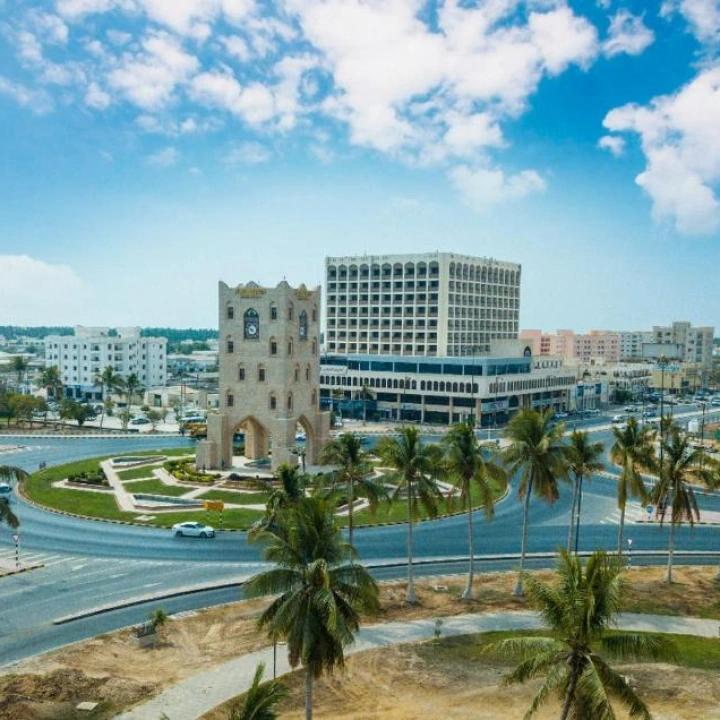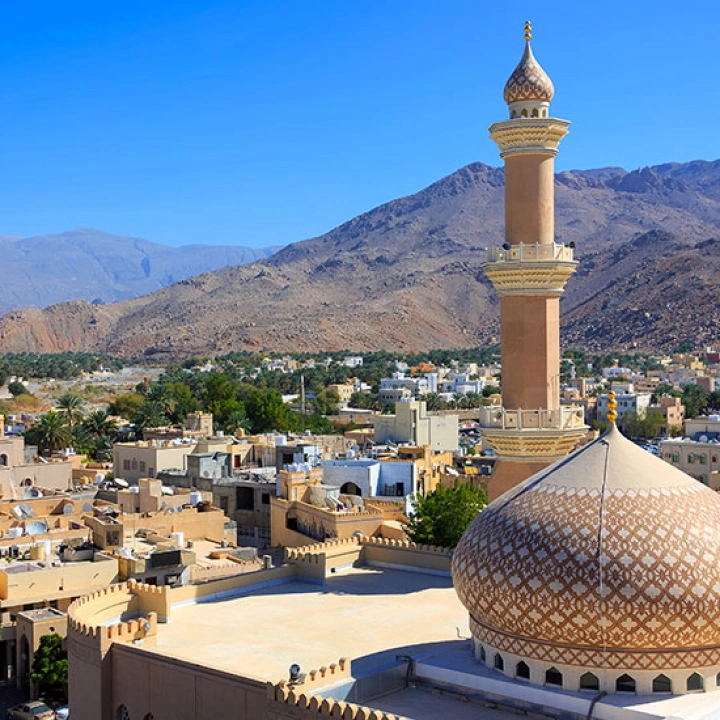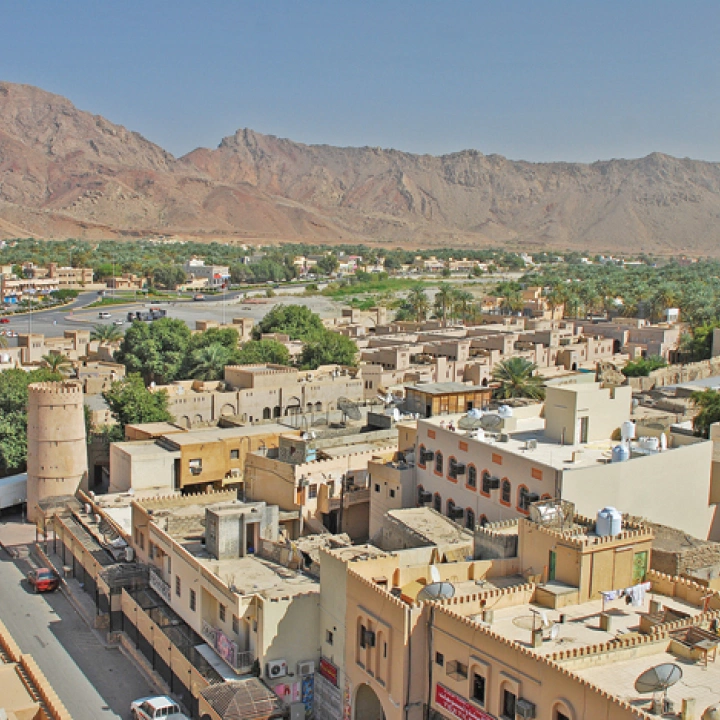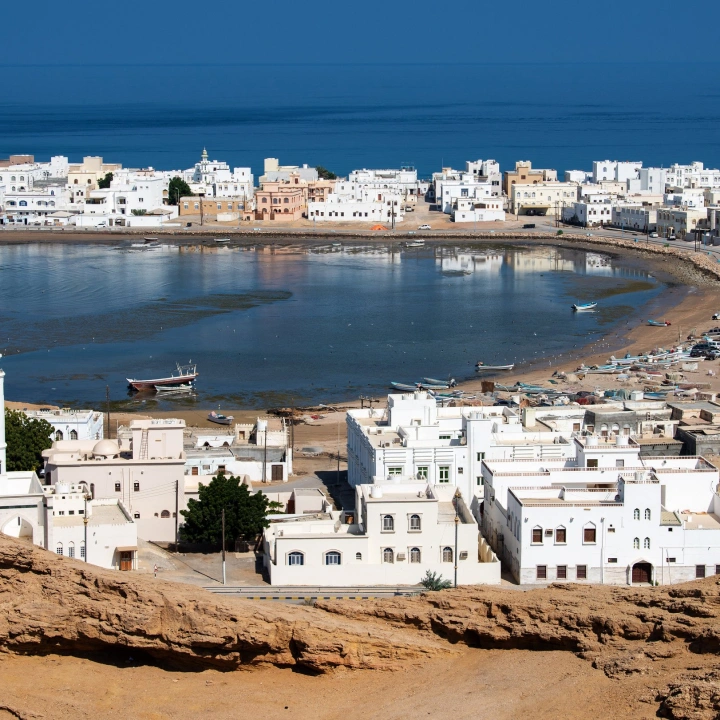
Top Restaurants in Oman - Browse, Review, and Book with Eatagram
Discovering the Rich Flavors of Oman
Oman, a country renowned for its breathtaking landscapes and ancient culture, also boasts a diverse and flavorful culinary tradition. Influenced by its coastal geography, Arabian heritage, and Bedouin roots, Omani cuisine offers a tantalizing array of dishes that reflect its cultural richness.
Omani cuisine is characterized by its use of fresh ingredients and aromatic spices. A staple in Omani meals is rice, often flavored with saffron or cardamom. Shuwa, a traditional dish, epitomizes Omani culinary prowess—a slow-cooked marinated meat (typically lamb or goat) wrapped in banana leaves and buried in a sand pit with hot coals for up to 48 hours, imparting a smoky, tender flavor. Seafood lovers indulge in mishkak (grilled skewered fish) or sayadiah (fish with spiced rice).
Omani beverages are refreshing and varied. Kahwa, a traditional Omani coffee, is flavored with cardamom and served with dates as a symbol of hospitality. Laban, a lightly salted buttermilk, cools the palate and complements spicy dishes.
Oman's culinary landscape is as diverse as its terrain. In Muscat, the capital city, Maqbous (spiced rice with meat or fish) is a beloved dish served during celebrations. Coastal regions favor harees (wheat porridge with meat) or Harissa (a chicken or lamb dish with wheat and spices).
Food in Oman is more than sustenance; it reflects traditions of hospitality and community. Sharing meals with family and friends is a cherished practice, often accompanied by lively conversations and storytelling.
While traditional recipes remain popular, Oman's culinary scene also embraces modern influences with international cuisines, catering to diverse palates
.
Exploring Omani cuisine unveils a rich tapestry of flavors rooted in tradition and local ingredients. Whether savoring a hearty shuwa or sipping aromatic kahwa, each bite and sip offers a taste of Oman's vibrant culture and hospitality.
Explore more on Eatagram!





